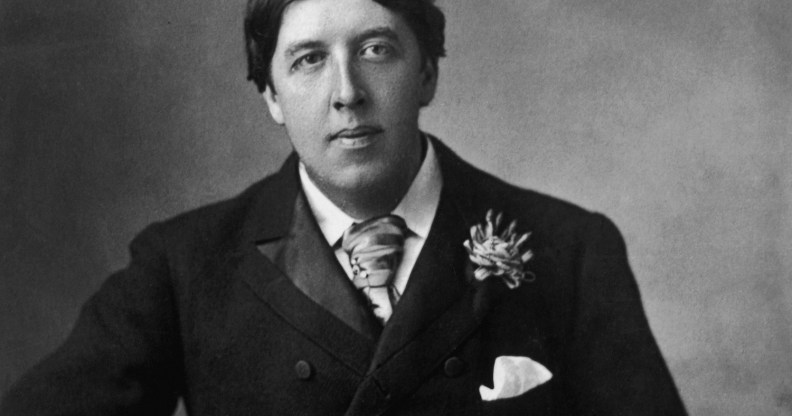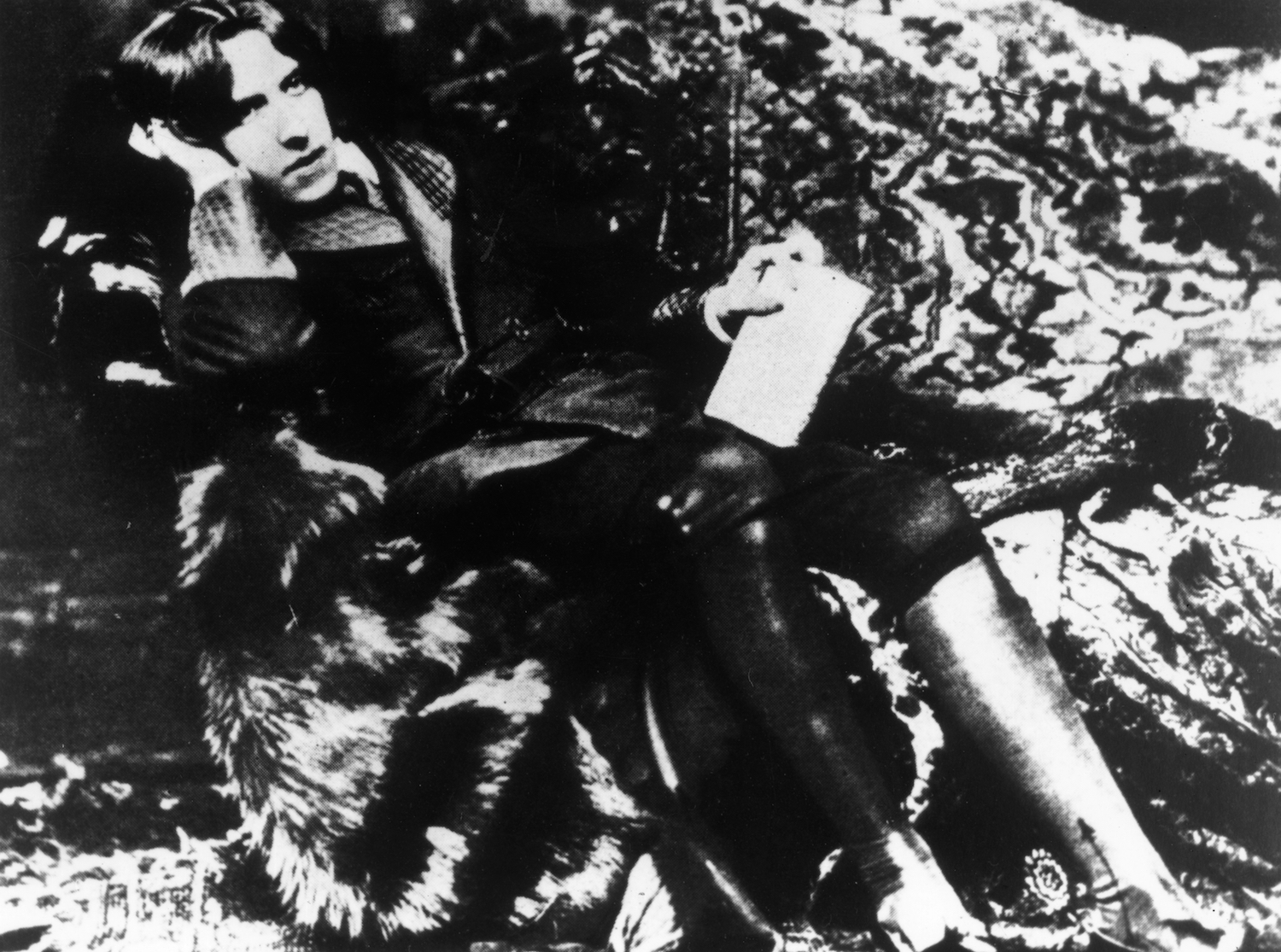Oscar Wilde’s London home awarded special historical status

The home of playwright Oscar Wilde landmarks linked to other gay figures have been awarded special status.
The famed playwright and poet, who had a string of male lovers, was famously arrested and sent to Reading Gaol in 1895 for for gross indecency with men, under the UK’s historic anti-gay laws.

Wilde served two years behind bars in Reading Gaol, penned the work ‘De Profundis’ from behind bars.
His time in prison was the basis for his final ever work ‘The Ballad of Reading Gaol’. a long poem that reflects on the harsh rhythms of his daily prison life.
The Thomson Reuters foundation notes that Wilde’s London home, as well as the home of composer Benjamin Britten, the estate of Anne Lister, a 19th century landowner and the grave of 19th century Egyptologist Amelia Edwards will be given special status.
Historic England has made the locations into official landmarks, although five of the new sites were already on the National Heritage List for England.
“Too often, the influence of men and women who helped build our nation has been ignored, underestimated or is simply unknown, because they belonged to minority groups,” Duncan Wilson, chief executive of Historic England, said in a statement.
The listings were made as part of the Leeds Beckett University’s ‘Pride of Place’ project.
It allowed members of the public to name their own favourite LGBT heritage sites.
“Our Pride of Place project is one step on the road to better understanding just what a diverse nation we are, and have been for many centuries,” Wilson added.
“At a time when historic LGBTQ venues are under particular threat, this is an important step.”
Earlier this year, the prison where Wilde served time for ‘gross indecency’ re-opened its doors as part of an art exhibition dedicated to him.

